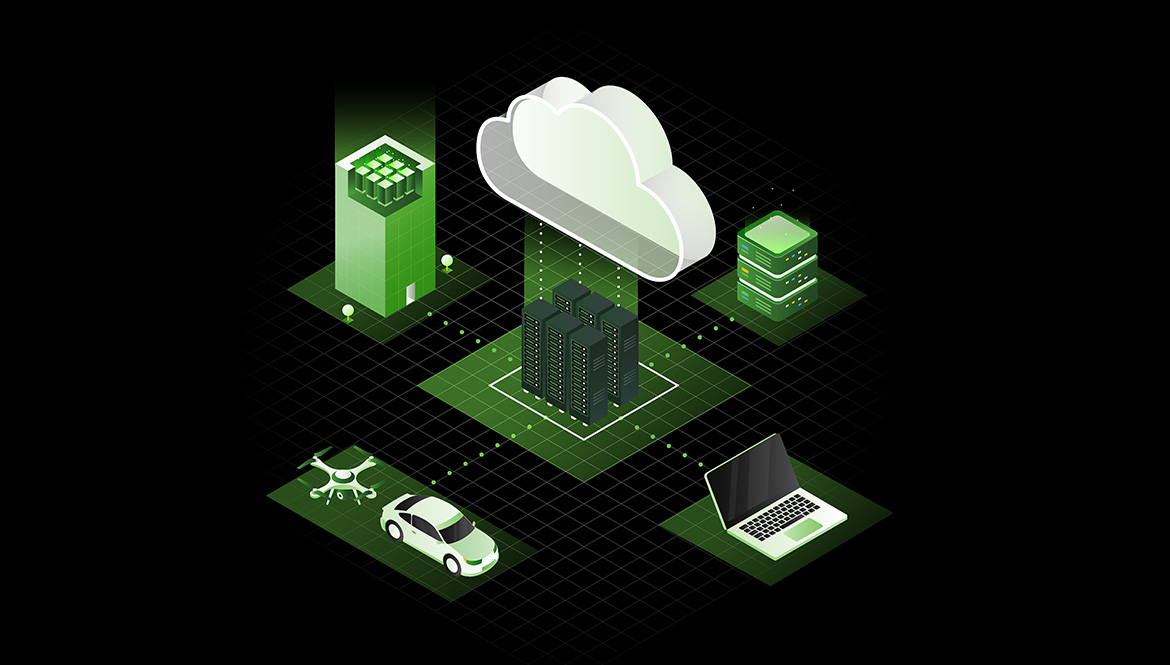When businesses need long-term solutions for using and retaining vital information, they turn to data storage.
They do so because data storage delivers scalable, redundant backup capabilities for an enterprise’s most vital data. Additionally, it stores important data in a way that can be easily accessed, retrieved, or restored at any time. This gives users scalable and redundant backups for important data that can be accessed, retrieved, or restored at any time.
What Is a Data Lake?
Users can store and organize both unstructured and structured data within a centralized repository. This is referred to as a data lake.
Data lakes are a foundational component of data analytics, where storage and computing components are used together to store and manage source data in its raw form.
Enterprises lean on data lakes for cold storage, meaning historical data that doesn’t need to be accessed often. Data lakes allow companies to store large amounts of cold storage for a relatively low cost, making it a great storage option for users with scaling data.
Why Do You Need a Data Lake?
There are many advantages to using a data lake, including centralization of data and scalability. Data lakes were created to ease access and storage capabilities for businesses working with source data and to offer users control over access and processing across the organization.
To Centralize Data
Data lakes provide enterprises with a centralized repository of information for building and testing new applications and services.
With data lakes, users can house large volumes of information from various sources within a single platform. This approach reduces the time it takes to analyze and process data.
To Consolidate and Catalog Data
Data lakes give users better life-cycle management for their data. Defining, accessing, and manipulating data with analytics, discovery, and scheduling tools is simplified with data lakes.
Modern data lakes offer users a unified platform for developing new tasks and recording changes.
It’s easier for businesses to consolidate and catalog data due to the availability of tools such as machine learning and predictive analytics. Storage engines allow data to be distributed for processing across a wider ecosystem of relational data bases.
To Democratize Data
Retrieving and using data is simplified when using data lakes. Data lakes offer standardized models for reducing bottlenecks and controlling access to user-level applications.
Users who want better data management tools turn to data lakes for their solutions. Data lakes lower the barrier to entry with better decision-making capabilities for non-technical users.
For Scalability
Data lakes provide users with a larger storage capacity for long-term growth. With data lakes, petabytes of data can be stored for later use.
Inexpensive object storage combined with large-scale data processing capabilities give businesses reproducible data flows so they can track and manage data in its raw form and process it as needed.
For Schema Flexibility
Data lakes offer users less rigid storage structures for better integrations so they can import data before it’s written. This approach means better adaptation in industries where data use is uncertain by default.
Data lake architecture provides better processing and visual models for working with data so businesses can innovate.
Challenges of a Data Lake
Although data lakes offer many benefits for enterprise organizations, it’s important to consider the challenges they present to users.
Data Swamps
When businesses aren't practical about the quality and amount of information that they dump into their data lakes, then the lakes will quickly become swamps.
Data swamps make it harder to use data by reducing visibility and limiting access to important information. Setting standards and quality expectations for what data is put into a data lake is essential. Businesses should consider gradually scaling their data lakes to ensure they are only collecting important data.
Cost
While data lakes are generally cost effective, overhead can quickly rise as more data is gathered and processed.
Data lakes require computing power and storage capacity. This requirement means that costs can grow exponentially if not kept under control.
Data Governance
Data governance can be difficult in data lakes. Because of the lakes’ democratized design, organizations don’t have complete control over how data is stored and used within data lakes.
Making sure data isn’t misused or abused is essential to following data compliance laws. Managing access rights and privileges for data, as well as knowing where it comes from and where it goes, is essential for businesses to ensure they’re getting the most out of their integrations.
Lack of Security Features Baked In
Data lakes often lack security features that data stores and warehouses have built in. This lack makes it difficult to track and secure data.
Securing data is essential for enterprise businesses using data lakes because potential attacks are more difficult to find and prevent.
Lack of Metadata Life-Cycle Management
Because data lakes pull information in non-standard formats, that information can be difficult to manage. Data stored in its raw form can be difficult for even skilled IT engineers to track and update with the correct metadata.
Enterprises should consider the careful curation and management of their data lake’s metadata to make sure they can track data life cycles.
Creating a Compliant Data Lake
Seagate Lyve Cloud is a scalable cold storage option that is S3 compatible. It uses an S3 API to seamlessly integrate with existing S3 services, delivering a user-friendly interface where customers can practice good data hygiene and remain in compliance with data governance regulations.
Learn more about how Lyve Cloud can help your enterprise securely store cold data and support easy retrieval and ongoing compliance.








